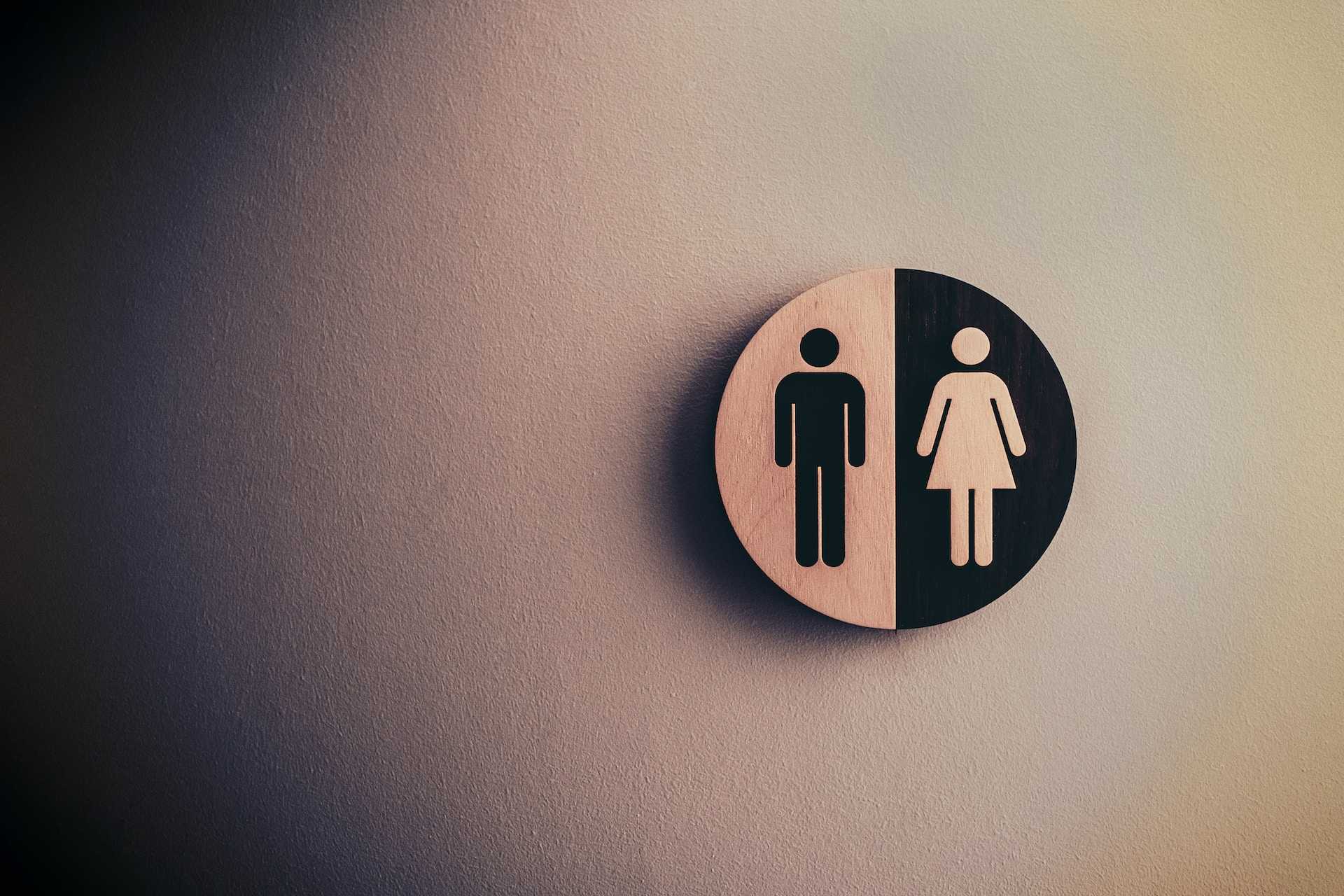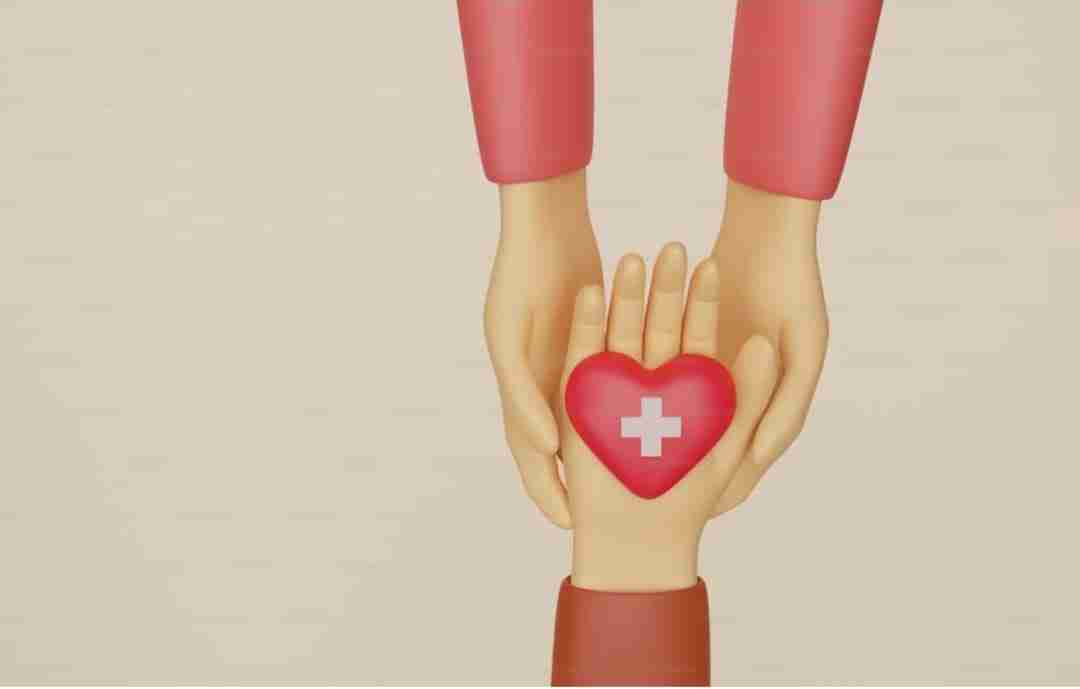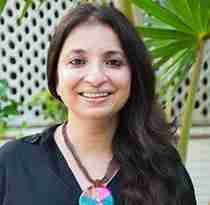Mind The Myth: Why You Must Seek Help To Heal Your Mind
In her first article for Silver Talkies, Dr Soumya Hegde, Consultant Geriatric Psychiatrist from Bangalore busts the myths we generally have around mental health and tells us why it is crucial to seek clinical help to heal one’s mind.
Sunita was a carefree spirit. Widowed early in life and a single mom, she believed in living life for the purpose of others. After her children left home, she involved herself with an NGO and was an active member of several charitable organisations. She was 65, independent, active and with no major medical concerns. When the pandemic struck, everything stopped. She couldn’t go out and her children were unable to travel. She felt really alone for the first time in her life and although she was in regular contact with her friends and family virtually, she was unable to cope. She constantly worried about falling sick and being alone, couldn’t sleep, lost her appetite, was unable to focus on reading or household chores.
The panic attacks were unpredictable and left her drained. When her family came to see her 3 months later, she had lost about 10 kg weight and was unrecognisable. They tried to help but she was just not able to get her mind to relax or do any of the activities she previously enjoyed. She woke up every morning feeling helpless and hopeless and everything seemed so hard.
Neither Sunita nor her children saw this as an illness. All her blood tests and vital parameters were normal. They took her with them in the hope that a change in place will help her mind heal. Unfortunately, that didn’t happen and they eventually consulted a psychiatrist.
Sunita is not alone. According to the Global Burden of Disease Study, mental disorders (disorders of the mind) affect nearly 14% of India’s population. This number has risen exponentially in the last year due to the pandemic. Seeking appropriate treatment is often delayed for fear of societal stigma and lack of awareness of mental disorders.
Why Medication Matters
The mind is no different from other body parts. It may get ailing and need treatment too.
There is nothing mythical about the mind, yet it is believed to be a separate entity, to be ‘treated’ differently from the other body organs. Conditions that alter our way of thinking and feeling are not considered medical illnesses and medication is certainly not a favoured option! The mind needs to be mastered, tamed and alas shamed!
The most common questions I get asked by my patients are, “Can this illness be treated without medication?”, “Isn’t psychiatric medication addictive?” “My family thinks I’m not making enough effort to get better, they say medication is for the weak-minded. Am I weak?” As I prepare myself to patiently answer these queries over and over again, my heart goes out to them as they deal with so much more than just the symptoms of the illness.
The level of disability one experiences as a result of psychiatric illnesses like anxiety or depression varies from person to person. To be able to engage in counselling, or therapy and be motivated to work on the suggested strategies, is not always possible when one is ill. Sometimes the symptoms are so severe, repetitive and disabling that medication will be needed. These medicines undergo rigorous clinical trials. They are not experimental drugs. They treat the illness and enable people to live a better quality of life.
Yes, they do have adverse effects as do all other medications but when taken under the guidance of a clinician these are closely monitored and adverse effects are minimised. They also have to be taken for a longer period of time as it takes a while for our body to autoregulate and in some cases, they may be required lifelong, just like some physical illnesses. The clinician will ensure that the lowest required dose is taken at all times.
How can the mind be healed?
Appropriate lifestyle modifications and therapy to modify thinking and behaviour will help in overcoming the symptoms completely and stopping the medication. However, there may be times when symptoms relapse and medications need to be restarted. This is not an ‘addiction’ but rather a necessity to stay well. In just the same way that doses are modified for diabetic, hypertensive or thyroid conditions when levels in our body change. I suppose the perception of “addiction to psychiatric medication” comes with clubbing them with recreational drugs (cocaine, amphetamines, alcohol) which also alter the mind and mood but these are neither medication nor prescribed.
About weak mind and more
What then is a weak mind? How does a once strong mind become weak? Often illnesses like depression and anxiety are triggered by traumatic life events. Sometimes it’s a genetic predisposition and there may be no apparent reason to explain the change in mood. As human beings, we all have a tendency to be affected. We try to surround ourselves with positive thoughts and positive people but when we find ourselves overwhelmed by our own emotions, that is the time to seek help.
The pandemic has made us all digitally more competent. Help can now be accessed privately from the comfort of your own home. Medication may not always be required. Now, more than ever is the time to change, the time to talk and let go of beliefs that hold us back. Becoming more aware of our own mental state is a good place to start.
Comments
You may like to read:

Health and wellness
Five Lifestyle Changes To Ease Bladder Control

jessica smith
5 mins read

Health and wellness
Five things to keep in mind when considering organ donation

sunayana singh, ceo of organ india, an initiative of the parashar foundation
3 mins read

Health and wellness
How NURA Uses AI-Enabled Screening to make a difference in Preventive Healthcare

Silver Talkies
4 mins read

Post a comment